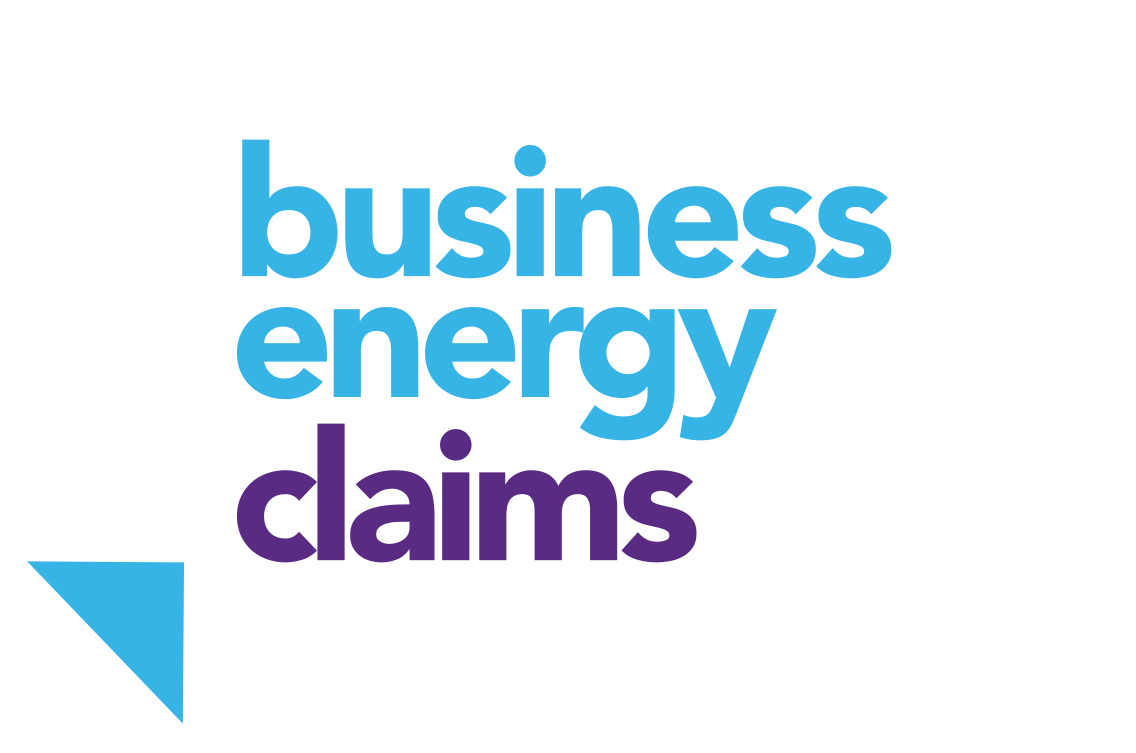Background on Energy Brokers
Energy Brokers, also known as Third-Party Intermediaries, help business find the best rates in the market for their energy bills…or at least that is what they are supposed to do.
Mis-selling of energy contracts by brokers is widespread in the energy industry, with commissions hidden within your business energy contract one of the most prevalent ways you can be mis-sold to. This occurs in the majority of cases, however some of the more ethical energy brokers disclose their commission.
Currently, Energy Brokers are unregulated. With about 3,000 operating in the market, there is a significant amount of mis-selling taking place. Of the 2.2 million microbusinesses in the UK, we believe 94% have been mis-sold to, and a further 9 out of 10 aren’t even aware they have a claim.
How the business energy commission is hidden
Hidden commissions is exactly that, hidden. Making it difficult to spot for even the most savvy business person.
In dealing with your energy broker, you probably heard terms such as “search the whole of the market” or “I will find you the best deal”. However, this is often not the case. Energy Brokers often have special relationships with a few Suppliers, with who they obtain special rates in return for priority of client volume. This often does not result in you getting the best deal.
The process that follows usually follows the same path. The Energy Broker will ask you questions about your current usage and spend, then ask you to sign a letter of authority. This will allow them to speak to Suppliers on your behalf.
The Energy Broker would then search the market for the best available deal. They will most likely choose their preferred supplier and inform them of the uplift they want to add to the contract. The uplift refers to the charges the Energy Broker is adding to the base price provided by the supplier.
For example, if the supplier provided a base price of 12 p/kWh for electricity, the broker could add an uplift of 2.5 p/kWh as their hidden commission. Statements received from the supplier would simply read 14.5 p/kWh for electricity, that would be paid directly to the supplier. The 2.5 p/kWh is undisclosed commission that is being paid to the broker, via the supplier, without the knowledge of the business.
The Energy Broker will then inform you of the deal agreed with the Supplier and urge you to agree to the terms either verbally or by signing a contract. In verbal contracts, terms are often read too quickly for you to fully understand what you are agreeing to, helping the Energy Broker hide commission in the contract without your knowledge. As it is hidden commission and you are not informed, this is classed as a mis-sold energy contract.
How it all adds up
2.5p/kWh may not seem like a lot, but it all adds up to a significant sum. Especially as this example only shows electricity supply. Doubling this figure will show the potential hidden commission across both gas and electricity, depending on the business type.
Business Energy Claims are seeing hidden commissions range from 10-20% of total energy spend. In some instances we have seen considerably higher commissions. In one example, a church had over 50% of their total utility spend as hidden commission.
In a real world example, a business that spends £1,667 per month on their energy bills and has used an energy broker for 5 years, could claim approx. £15,000.
How we can help
Business Energy Claims are the market leaders specialising in making business energy compensation claims. To get your claim started, all you need to do is supply us with a copy of your contract and a letter of authority, and we will provide you with a No Obligation assessment. This will give you a clear indication if you have been mis-sold to and a valuation of how much your claim could be worth.
If you wish to proceed, we work on a No Win, No Fee basis, completely removing the hassle from your claim.
